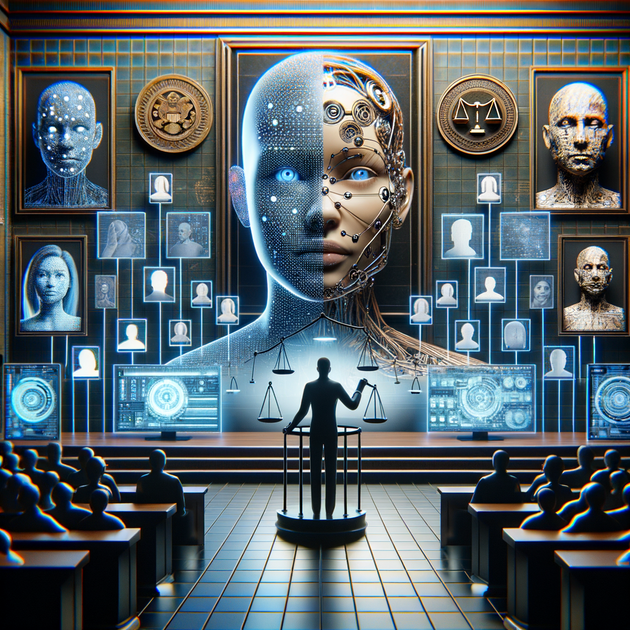Protecting Celebrity Rights: The Impact of California’s New AI Regulation
By AI Enthusiast
Introduction: The AI Dilemma in Entertainment
Imagine seeing your favorite celebrity promoting a product or service that goes against their well-known personal beliefs. This unsettling scenario is becoming a reality due to advances in AI technology, which can create hyper-realistic digital replicas of people without their consent.
The California Bill: A Step Toward Ethical AI Usage
The California Senate has recently passed Assembly Bill 2602, aiming to protect performers from the unauthorized use of their digital likeness. This groundbreaking legislation is now awaiting the Governor’s signature, with significant support from industry unions and advocacy groups.
Entertainment Industry’s Response
This bill mandates legal or union representation for performers in negotiations involving digital replicas, covering domains like video games, audiobooks, and television commercials. However, not everyone is on board. The Motion Picture Association has expressed concerns, demanding amendments to address collective bargaining issues.
Broader Implications: Beyond Hollywood
While the focus is primarily on entertainment, the implications of AB 2602 extend to other sectors. Content creators, journalists, and everyday internet users might benefit from such protection in the future. For example, reporters might eventually be able to safeguard their work from unauthorized AI usage.
Why This Matters: Ethics and AI
The misuse of AI to replicate human likeness without consent raises serious ethical questions. These digital reproductions can mislead the public, damage reputations, and violate personal rights. The California bill aims to establish a legal framework to address these concerns, setting a precedent for other states and potentially international regulation.
Future Outlook: What’s Next?
As AI technology continues to evolve, so will its applications and implications. This bill marks an initial attempt to curb potential abuses and ensure a more ethical deployment of AI. It might spark similar legislative efforts globally, fostering a protective environment for individuals and their digital selves.
